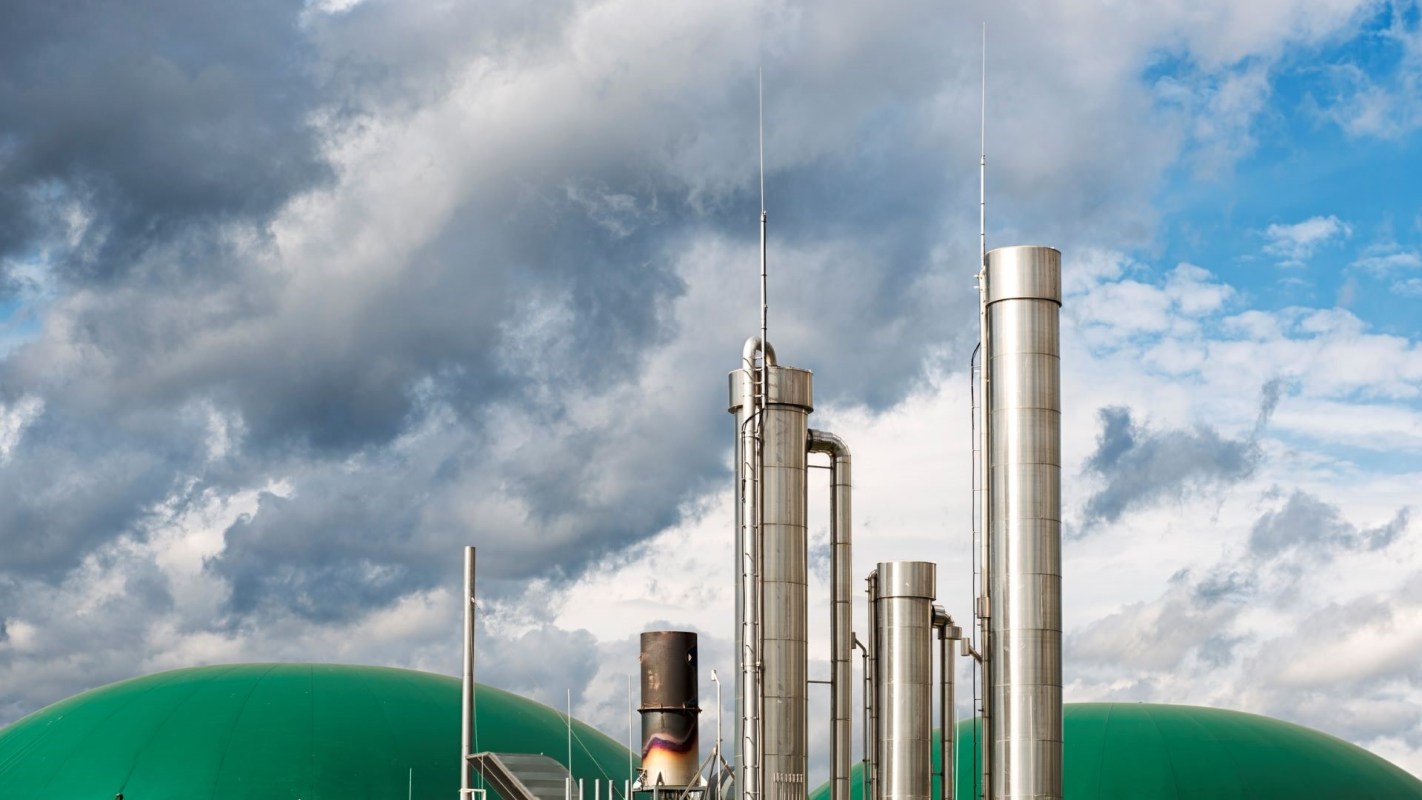There's little denying that our climate is changing, with abundant evidence in record global temperatures, melting glaciers, rising sea levels, and increased storm events.
With all of those problems mounting, the industries that supply our energy are under pressure to pivot from coal and gas to cleaner fuels and technologies. But some companies may be greenwashing consumers into thinking they're getting renewable energy.
What's happening?
A recent story that made news in the Vancouver area cites such a deception by a British Columbia power utility. An environmental nonprofit and some residents sued the company — FortisBC — for duping the public into thinking the gas supplied to their homes was renewable.
The case is not settled, but the allegations are that the term "renewable natural gas" falsely represents a range of gases — from coal, wood, methane, or hydrogen — as renewable.
"This misinformation is being done at a moment when we see local governments really trying to take the lead, do everything they can," Liz McDowell, campaigns director for the nonprofit Stand Environmental Society, said.
"We need to be doing everything we can to tackle the climate crisis, and that means using all of our human ingenuity to develop solutions; not fighting fossil fuel interests that are, quite frankly, lying about what the problem is and what the solutions are in order to make profit."
By aggressively marketing its gas as renewable, FortisBC may edge out lower-carbon technologies, such as electric heat pumps that "offer an energy-efficient alternative to [gas] furnaces and air conditioners for all climates," according to the EPA.
Current heat pumps are three to five times more efficient than gas boilers, yet FortisBC, according to the plaintiffs in the case, is trying to get its gas infrastructure included as a lower-carbon alternative in a new "Zero Carbon Step Code."
Why does this case matter?
This case is playing out in Canada, but its outcomes are relevant elsewhere, as energy companies struggle to meet targets for carbon reduction to stem the planet's changing climate.
The U.S. government has set a target of "50-52 percent reduction from 2005 levels in economy-wide net greenhouse gas pollution in 2030." To achieve that target requires the participation, even leadership, of the oil and gas industries.
A 2022 report from the International Energy Agency noted that to reach "net zero emissions by mid-century, which is necessary to keep the goal of limiting global warming to 1.5 °C [2.7 degrees Fahrenheit] within reach, oil and gas use would decline by more than 75% by 2050."
Oil and gas companies are key actors in the pivot to renewable energy.
What can you do about it?
While this and other industry greenwashing lawsuits play out in the courts, you can be as conscientious as possible about energy use.
Find out what energy sources your energy supplier uses with EPA's Power Profiler tool, where you just type in your zip code to see the fuel mix. Try to choose a more sustainable supplier using this Green-e Certified tool.
And, of course, consider the many ways to reduce your energy use.
Join our free newsletter for cool news and actionable info that makes it easy to help yourself while helping the planet.









